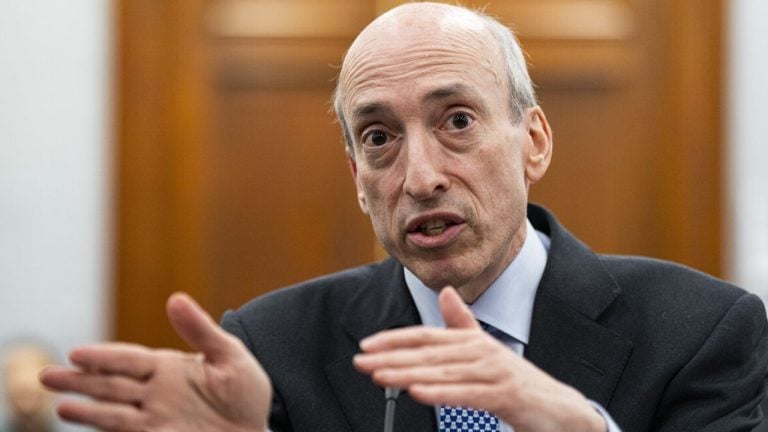
Former Binance CEO Changpeng “CZ” Zhao has been ordered to pay $150 million, while Binance will pay $2.7 billion to conclude the CFTC enforcement action.
A United States court has entered an order against crypto exchange Binance and its former CEO Changpeng "CZ” Zhao, which will see Binance pay $2.7 billion and CZ pay $150 million to the Commodities Futures and Trading Commission (CFTC).
In a Dec. 18 statement, the CFTC announced that the U.S. District Court for the Northern District of Illinois had approved the previously announced settlement and concluded the enforcement action first issued by the CFTC in November.
"The court finds Zhao and Binance violated the Commodity Exchange Act (CEA) and CFTC regulations, imposes a $150 million civil monetary penalty personally against Zhao, and requires Binance to disgorge $1.35 billion of ill-gotten transaction fees and pay a $1.35 billion penalty to the CFTC," wrote the CFTC in a statement.






